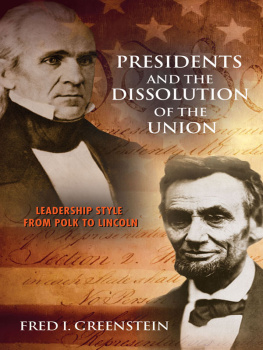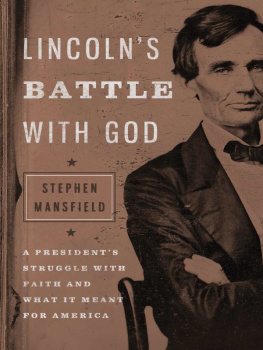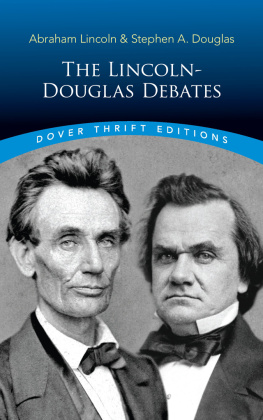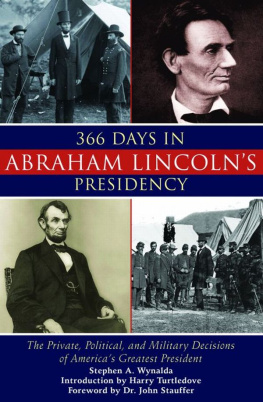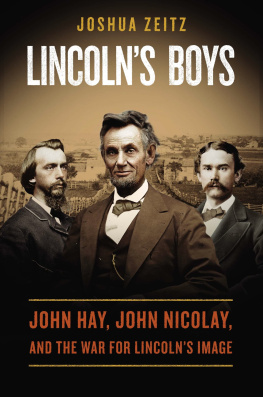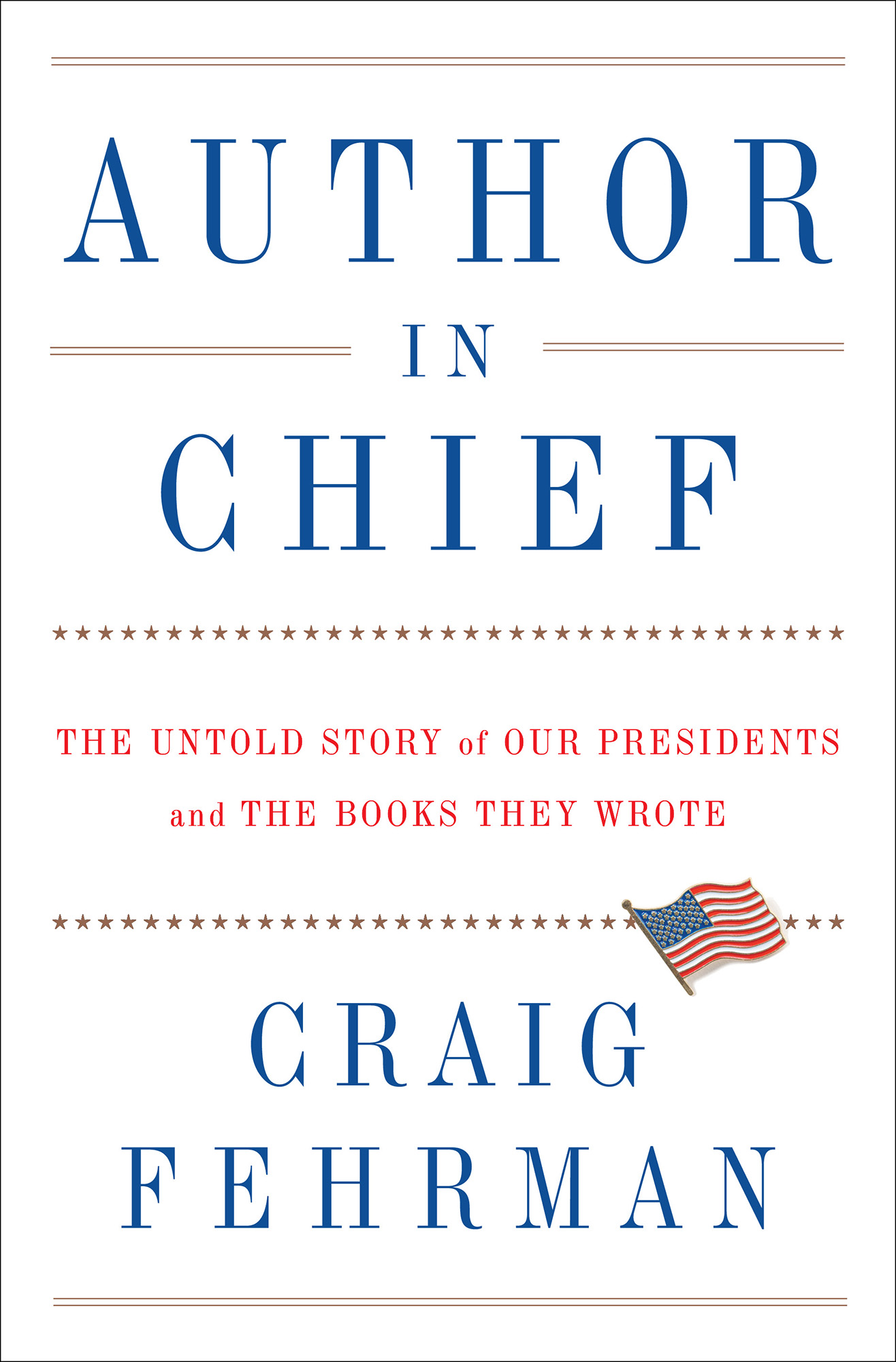Contents
Guide
A VID R EADER P RESS
An Imprint of Simon & Schuster, Inc.
1230 Avenue of the Americas
New York, NY 10020
www.SimonandSchuster.com
Copyright 2020 by Craig Fehrman
All rights reserved, including the right to reproduce this book or portions thereof in any form whatsoever. For information, address Avid Reader Press Subsidiary Rights Department, 1230 Avenue of the Americas, New York, NY 10020.
First Avid Reader Press hardcover edition February 2020
AVID READER PRESS and colophon are trademarks of Simon & Schuster, Inc.
Jacket design by David Gee
American flag pin by Joe Bel Anger / Alamy Stock Photo
Author photo Katy Lengacher
For information about special discounts for bulk purchases, please contact Simon & Schuster Special Sales at 1-866-506-1949 or .
The Simon & Schuster Speakers Bureau can bring authors to your live event. For more information or to book an event, contact the Simon & Schuster Speakers Bureau at 1-866-248-3049 or visit our website at www.simonspeakers.com.
Library of Congress Cataloging-in-Publication Data has been applied for.
ISBN 978-1-4767-8639-1
ISBN 978-1-4767-8659-9 (ebook)
To Candice, Henry, and Maisie, the best readers (or soon-to-be readers) I know
Everyone else connected with Washington has written a book. I am certainly not going to compound the felony.
Bess Truman
Books are good company. Nothing is more human than a book.
Marilynne Robinson
A NOTE ON QUOTATIONS
The English language so far as spelling goes was created by Satan, Harry Truman once wrote to Bess. I can honestly say I admire Roosevelt for his efforts to make people spell what they say. He really ought to begin on his own name. Truman was right, and things get only worse in a book that spans several centuries. In the following pages, I have silently standardized the spelling and punctuation of all quotationswith the one exception being a letter by Davy Crockett, on .
Introduction
J ack Kennedy didnt need to worrynot like this, at least. When the National Book Awards announced that the senator would deliver the keynote address at its 1956 ceremony, the book trade hummed with excitement. The awards had an aura of glamour: the Commodore Hotel in midtown Manhattan, the tables piled high with cocktails and canaps. But Kennedy was actually glamorous. Hed be easy to spot among the older, dowdier authors. In fact, John F. Kennedy, thirty-eight years old, hair brushed back, slim suit buttoned, would be the biggest star in the room. Besides, it was just a speech. The senator had given plenty of those.
And yet sitting there, looking at his draft, Kennedy continued to fret. He knew he had to deliver the keynote in front of Americas best writers. (The nominees that year included Flannery OConnor, Richard Hofstadter, W. H. Auden, and Eudora Welty.) Then again, he was a writer himselfand, lately, a very successful one. His Profiles in Courage had just started its multiyear run on the best-seller lists. The book singled out eight senators who, at key times in American history, had demonstrated true courage, and reviewers were spotting that same qualityand that same historic potentialin its author. That a United States Senator produced this study, the Christian Science Monitor marveled, is as remarkable as it is hopeful.
So there was no good reason for Kennedy to worry about this speechfinally, honestly, because as a US senator he had better things to worry about. Thats why he normally let his staff handle his speeches, after which he might skim them (sometimes) and tweak them (lightly). That process had produced Kennedys other recent addresses, at colleges and churches and the Massachusetts Farm Bureau Federation Convention.
To the senator, however, speaking at the National Book Awards mattered more. He picked up a pen and went to work, crossing out lines, toying with tenses, and considering the smallest word choices. He scratched out political action and replaced it with political events. He added an obscure historical allusion. He made changes in his tiny, tilted handwriting, then sent the text to his aides for further revision. By the time Kennedy and his staff had finished, there were edits all over the drafts eleven pages. The only thing they hadnt fussed with, it seemed, was the title: The Politician and the Author: A Plea for Greater Understanding.
On the day of the National Book Awards, the Commodore Hotel pulsed with cheery enthusiasm. About a thousand literary types filed in, past the famous lobby, with its functioning waterfall, to the Grand Ballroom. The editors wore red carnations, the authors wore white, and everyone was making predictions.
Once the awards were handed outthe big winner was Audenit was time for the keynote. Kennedy had made even more edits, tightening his case for why authors and politicians could form a respectful alliance. The senator indulged in easy jokes. (The only fiction to which many modern politicians turn their hand is the party platform.) But he also spoke with an idealism that, four years later, would define his presidential campaign. In America, he pointed out, writers and elected officials shared a common ancestry, starting with polymaths like Thomas Jefferson and extending to politically vigilant scribes like Harriet Beecher Stowe. They shared similar goalsdefending free speech, of course, but baser ones as well. The politician and the author, Kennedy said, are motivated by a common incentivepublic approval. How many books will I sell? asks the author. How many votes will I get? asks the politician.

After the National Book Awards, Kennedy chatted with the winners: W. H. Auden, John OHara, and Herbert Kubly (left to right).
Today, the link between political success and best-seller status seems more intimate than ever. In fact, How many books will I sell? has become one of the better answers to How many votes will I get? Writing a book before a presidential run, or writing a book after a presidency has ended, is now mandatory in American politics. These books stir up as much excitement as most compulsory entertainment. They generate eye rolls. They feel at once modern and exhausted.
This reaction is wrong, for several reasons. First, its trite. (The New York Times was rolling its eyes back in 1936: The brave words spoken by presidential candidates, even by those who aspire to be candidates, have a habit of drawing together to form a book.) Second, it flattens a rich tradition of forgotten books and, just as much, forgotten consequences. Presidents have written books that won long-shot campaigns, that made or remade political images, that legitimized America to its most worldly critics, that critiqued America to its most patriotic supporters, that revealed the White Houses deepest secretsall while creating reliable media frenzies. Present-day pundits, biographers, and historians have, for the most part, ignored these books and their impact.
Contemporary readers didnt, and thats another problem with the eye rolling: it erases a durable and distinctly American desire to know more about ones politicians, past and present. For decades, international surveys have shown that Americans outpace the residents of other democracies in terms of discussing politics, joining political organizations, and contacting elected officialswhat political scientists call Americas


